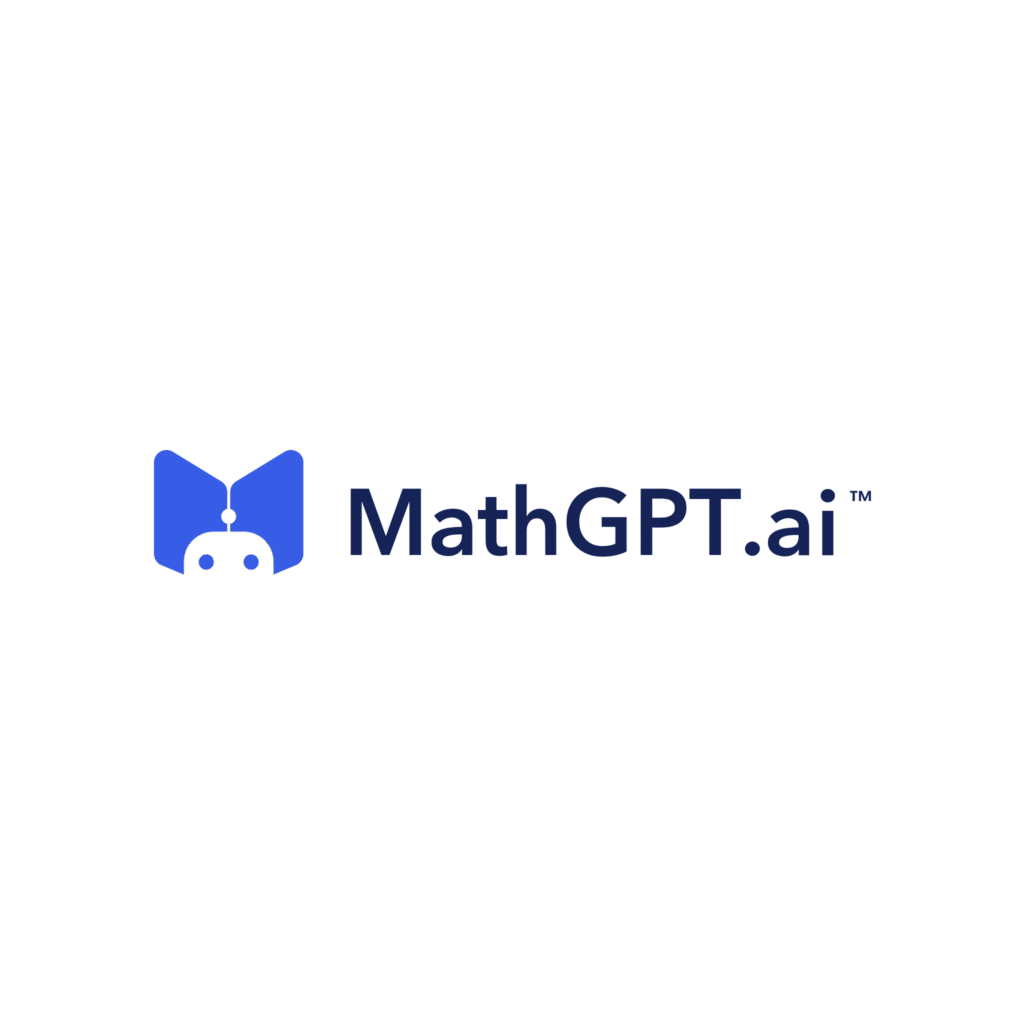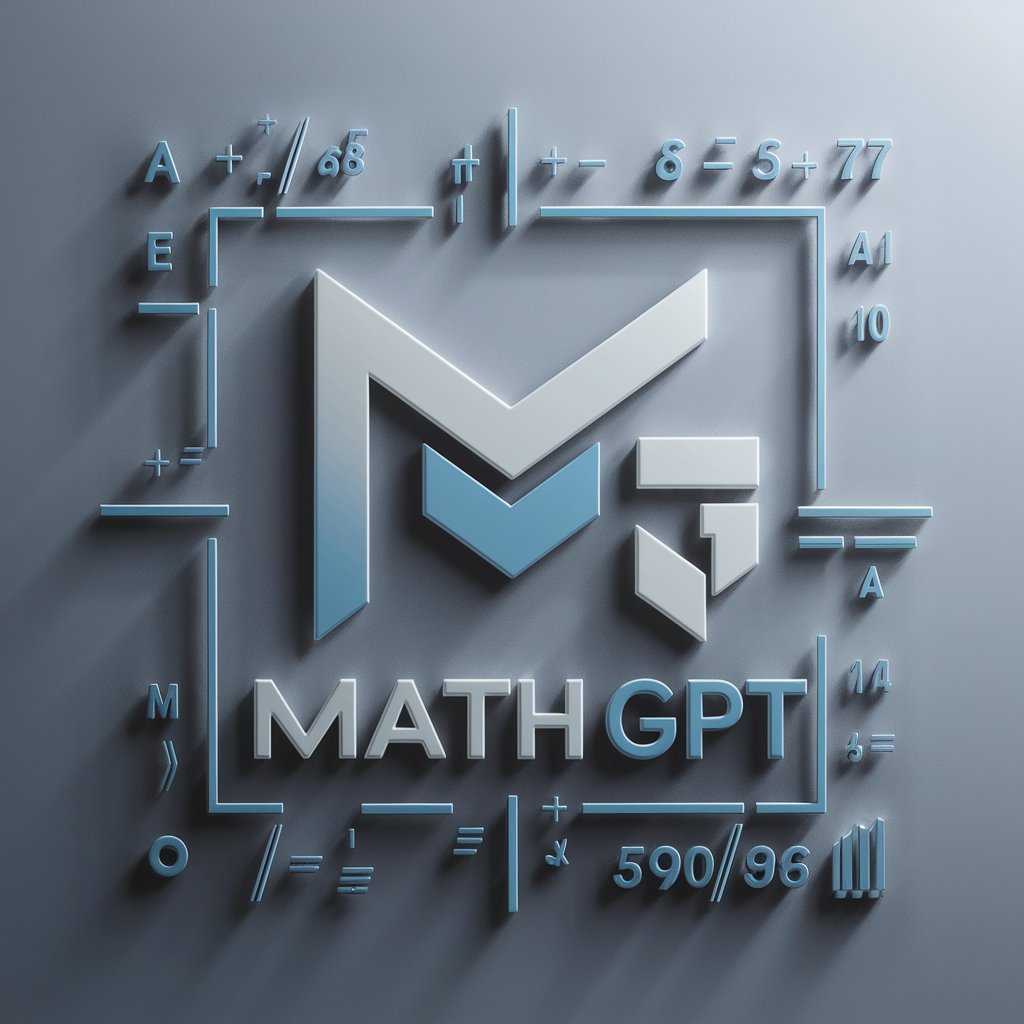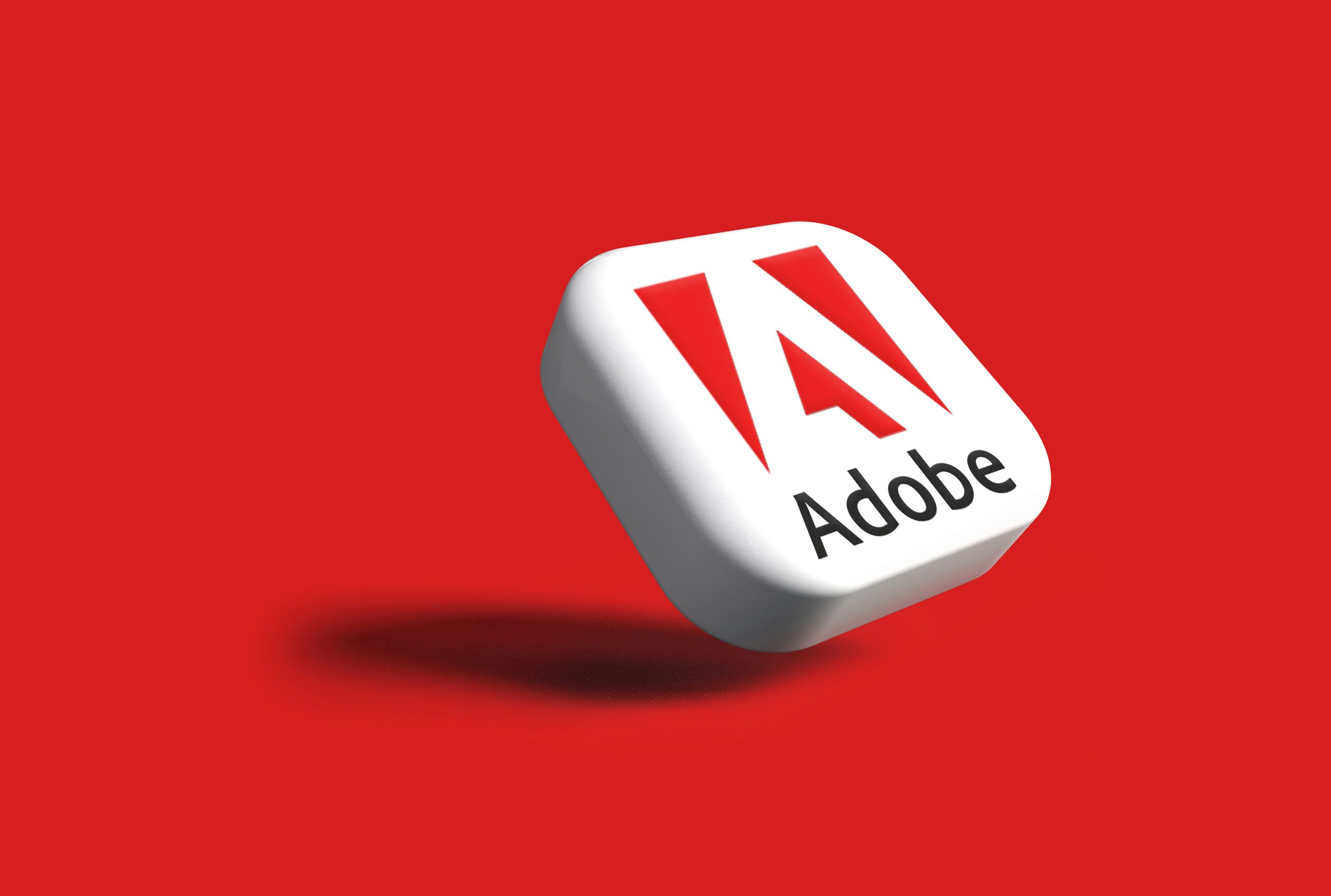As artificial intelligence becomes increasingly common in classrooms, one edtech startup is positioning itself as a solution to both support learning and discourage academic dishonesty. MathGPT.ai, an AI platform launched last year, is rolling out at nearly twice as many universities this fall following a pilot across 30 campuses. Institutions such as Penn State, Tufts, and Liberty University are among those adopting the tool.
Unlike general-purpose chatbots, MathGPT.ai is designed to act more like a tutor than an answer machine. Its AI assistant uses Socratic questioning to guide students through math problems step by step, encouraging deeper understanding rather than rote memorization.For instructors, the platform doubles as a virtual teaching assistant.

Related: ChatGPT Mobile App Surpasses $2B in Global Consumer Spending
Professors can upload textbooks and course material, then let the AI generate assignments, quizzes, and practice questions. Recent updates give faculty more control over how students interact with the tool, including the ability to set limits on tutoring access, regulate the number of answer attempts, and even require students to upload handwritten work for verification.
The company has also introduced unlimited practice problems for stress-free learning and expanded accessibility features, such as screen reader compatibility, audio mode, and closed captions for its AI-narrated video lessons. To integrate seamlessly with existing systems, MathGPT.ai now works with Canvas, Blackboard, and Brightspace.
Safety is another core focus. Unlike open-ended chatbots, MathGPT.ai avoids personal or off-topic conversations, with strict guardrails in place to keep interactions academic. Still, the company acknowledges the risk of errors. A disclosure reminds students that the AI may make mistakes, and users are rewarded for reporting inaccuracies, a system that MathGPT.ai says has dramatically reduced “hallucinations” in responses.
Looking ahead, the startup plans to launch a mobile app and expand into new subject areas such as chemistry, economics, and accounting. Its pricing model includes a free version alongside a $25-per-student, per-course plan that unlocks unlimited AI assignments and deeper LMS integration.







